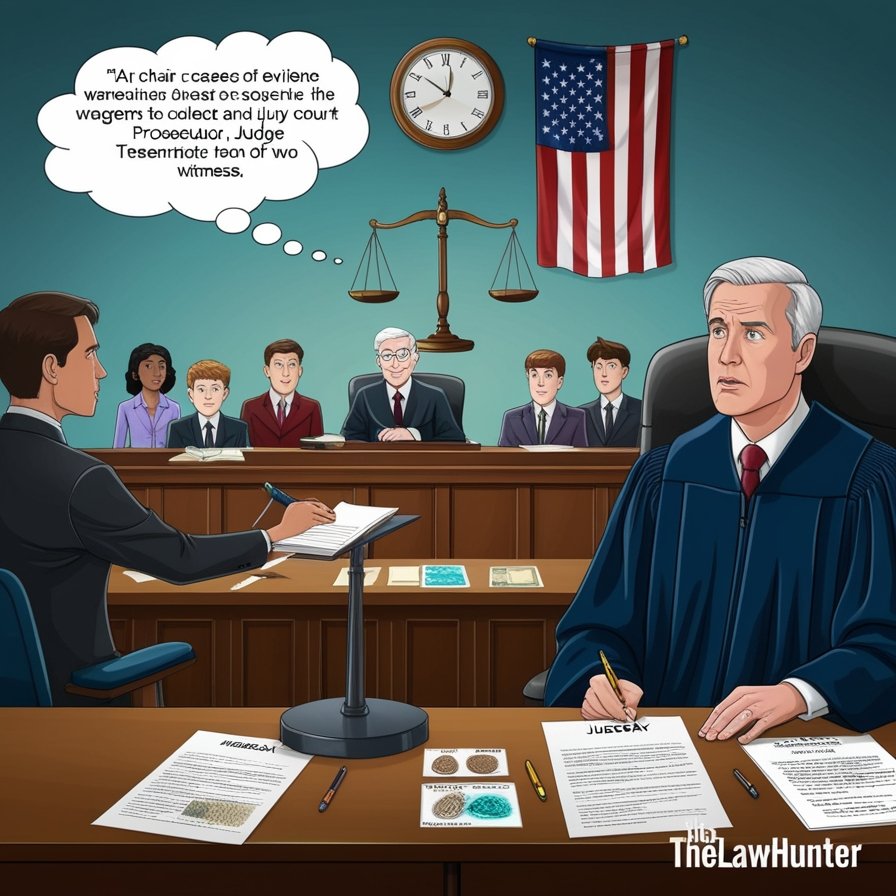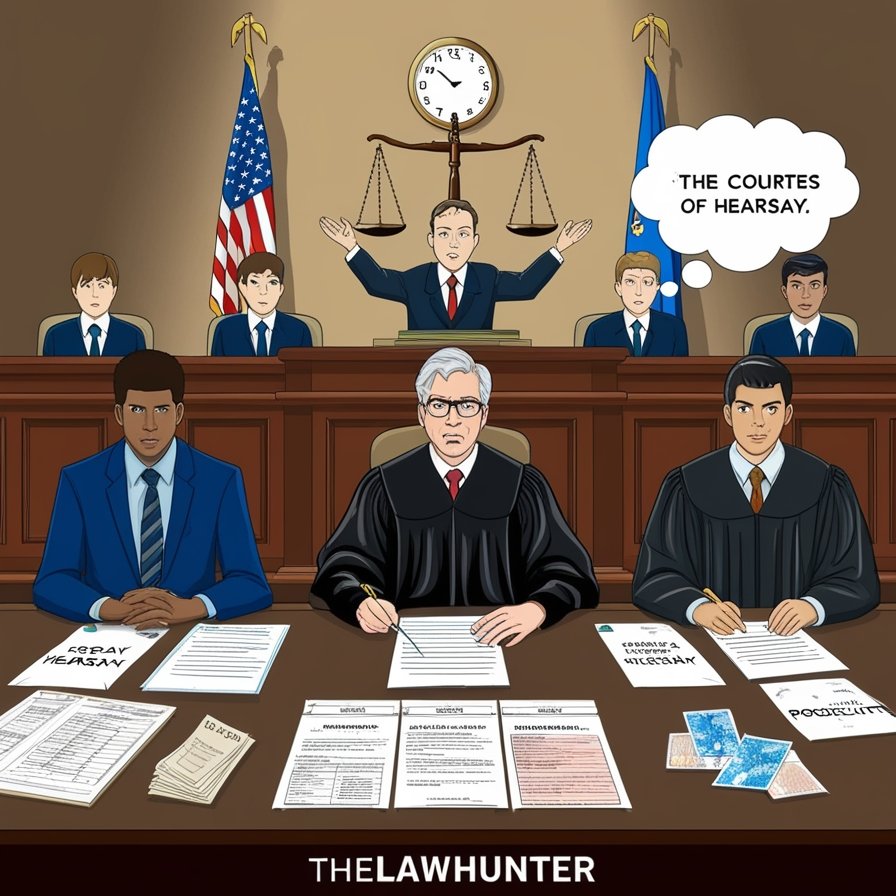Undercover law enforcement operations play a significant role in various legal investigations, particularly those targeting illegal activities like drug dealing and prostitution. A common misconception that persists is the belief that asking an escort, “Are you a police officer?” forces the officer to reveal their true identity.
This idea, widely spread through pop culture, has led many to assume that it offers legal protection against undercover sting operations.
However, the reality is that undercover officers are not required to disclose their identity, even if directly asked. This legal misunderstanding can have serious consequences for those involved in illegal activities.
Understanding the relevant laws in both the U.S. and Canada is crucial for navigating such situations, particularly when it comes to prostitution and law enforcement stings.
Being informed about the legal boundaries of entrapment and the role of undercover officers is essential for avoiding costly mistakes.
Common Misconception: The ‘Magic Question’
A popular belief persists in the world of criminal law, particularly in the context of escort services and undercover sting operations. According to this myth, simply asking an undercover officer, “Are you a cop?” compels them to answer truthfully.
Many believe that law enforcement officers are obligated to reveal their identity if directly asked, making this the so-called “magic question.” This belief is often passed around in internet forums and conversations as a foolproof way to avoid falling into a sting operation.
The origins of this misconception can likely be traced back to its portrayal in popular culture, movies, and TV shows.
Many media portray law enforcement scenarios where this question is asked, leading people to assume that undercover officers must abide by such rules. Unfortunately, this is not rooted in legal fact, and believing in this myth can lead to severe legal consequences.
Legal Reality: What the Law Says
In both the U.S. and Canada, undercover police officers are not legally obligated to reveal their identities if asked. This idea is not supported by any entrapment laws.
Entrapment refers to situations where law enforcement induces someone to commit a crime they otherwise wouldn’t commit. However, an undercover officer not revealing their identity is not considered entrapment.
In the legal sense, officers can lie about their identity as part of their undercover work. So, assuming that the “Are you a cop?” question offers any legal protection is dangerous.
People who believe this are often unaware of how undercover sting operations work, and it can lead to complacency when engaging in illegal activities such as soliciting escorts.
Examples from Law Enforcement Practices
Undercover sting operations are meticulously planned and executed to catch individuals engaging in illegal activities such as prostitution or soliciting escorts. In these operations, law enforcement agents may pose as escorts or clients to gather evidence of illegal conduct.
Real-world cases abound where individuals thought they were protected by asking, “Are you a cop?” only to be arrested shortly after.
In such scenarios, the individuals involved assumed that their question provided a shield of protection, not realizing that officers are not required to disclose their role. This leads to arrests and legal consequences, illustrating the dangerous naivety of relying on myths rather than facts.
What Actually Constitutes Entrapment?
The legal definition of entrapment is crucial for understanding when a law enforcement action crosses the line.
Entrapment occurs when law enforcement induces someone to commit a crime they wouldn’t have otherwise committed. However, simply withholding their identity does not qualify as entrapment.
For an entrapment defense to hold in court, it must be demonstrated that the police actively encouraged the criminal act. Asking if the person is affiliated with law enforcement might seem relevant, but in reality, it carries little legal weight.
It’s vital to understand that engaging in illegal activities, regardless of whether the other party reveals themselves as law enforcement or not, exposes individuals to significant legal risks.

Legal Consequences for Those Involved
Those who engage in soliciting escorts face potential legal consequences, including fines, imprisonment, and a permanent criminal record. Asking the “Are you a cop?” question will not protect someone from these consequences.
In fact, in some cases, asking this question may raise suspicions or even escalate the situation. People who mistakenly believe this tactic offers protection are often left unprepared when the sting operation results in their arrest.
The assumption that such a question guarantees safety is a grave error with potentially life-altering legal repercussions.
Precautionary Measures
It is always essential to stay informed about the laws surrounding escort services and the potential legal consequences of solicitation. This includes being aware of local laws and seeking legal advice if you have any concerns about engaging in escort services.
There are several alternative ways to protect oneself legally, such as verifying the legality of certain services and understanding the full implications of solicitation laws in your jurisdiction. It is far better to be informed about the legal boundaries than to rely on unfounded myths.
Recognizing Potential Undercover Officers
Recognizing an undercover officer can be tricky, but there are a few behavioral indicators to look out for:
- Suspicious behavior
An escort that seems overly pushy or eager to get to the illegal activity may be working undercover. Law enforcement officers are trained to pressure suspects into committing crimes that can be prosecuted.
- Pressure tactics
Law enforcement often applies pressure tactics to rush or confuse potential offenders, leading them into illegal conduct.
- Unusual locations
Meeting in secluded or unfrequented places could be an indication of a sting operation.
- Documentation Verification
While it’s not foolproof, verifying credentials or asking for legitimate business information can provide a measure of protection.
- Vehicle Identification
Unmarked law enforcement vehicles may be a telltale sign that an escort is actually part of a sting operation.
- Communication Analysis
Inconsistencies in communication or a refusal to share personal details can also raise red flags. If the conversation feels scripted or robotic, it might be part of a larger sting effort.
What To Do If You Suspect an Escort Is a Police Officer
If you suspect an escort is working undercover, the best course of action is to remain calm and avoid engaging in any illegal activity. It’s crucial to:
- Stay calm and collected: Panicking can make matters worse.
- Avoid confrontations: Escalating the situation could lead to unnecessary trouble.
- Exit discreetly: If you feel uncomfortable, politely excuse yourself and leave the situation.
- Document the encounter: Keep a record of any suspicious behavior, but do not accuse the individual directly.
- Seek legal counsel: If you believe you have been involved in a potential sting operation, it’s wise to consult a lawyer immediately to protect your rights.
Conclusion
The belief that simply asking, “Are you a cop?” offers protection from undercover sting operations is a dangerous myth.
Law enforcement officers are not obligated to reveal their identities, and relying on this tactic could lead to significant legal consequences.
It’s crucial to understand the legal reality and potential risks before engaging in activities that could violate the law.
To avoid falling victim to sting operations, it’s essential to be aware of the legal landscape, take precautionary measures, and seek legal advice when necessary.
The best defense is being informed and exercising caution in all potentially questionable situations.


